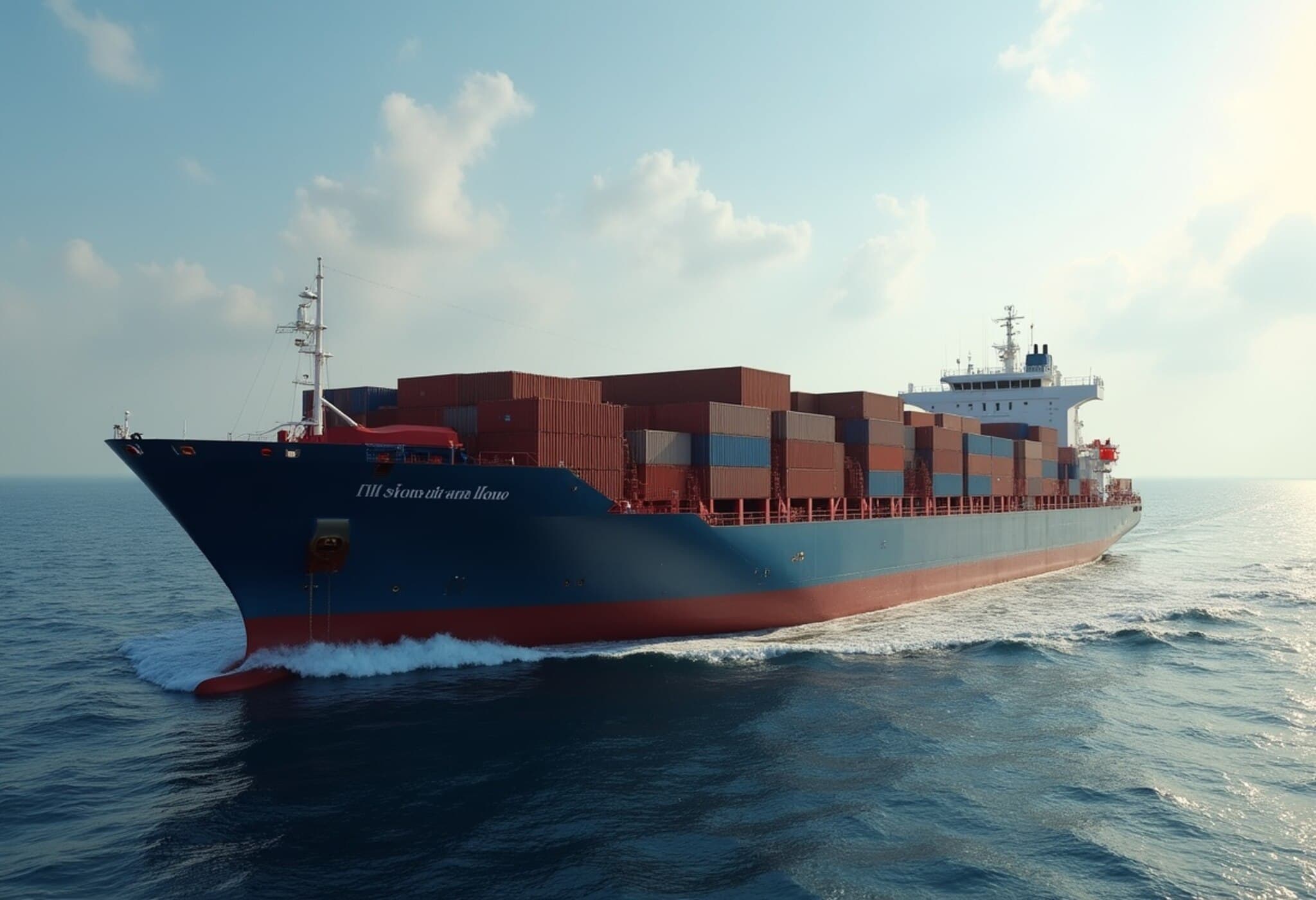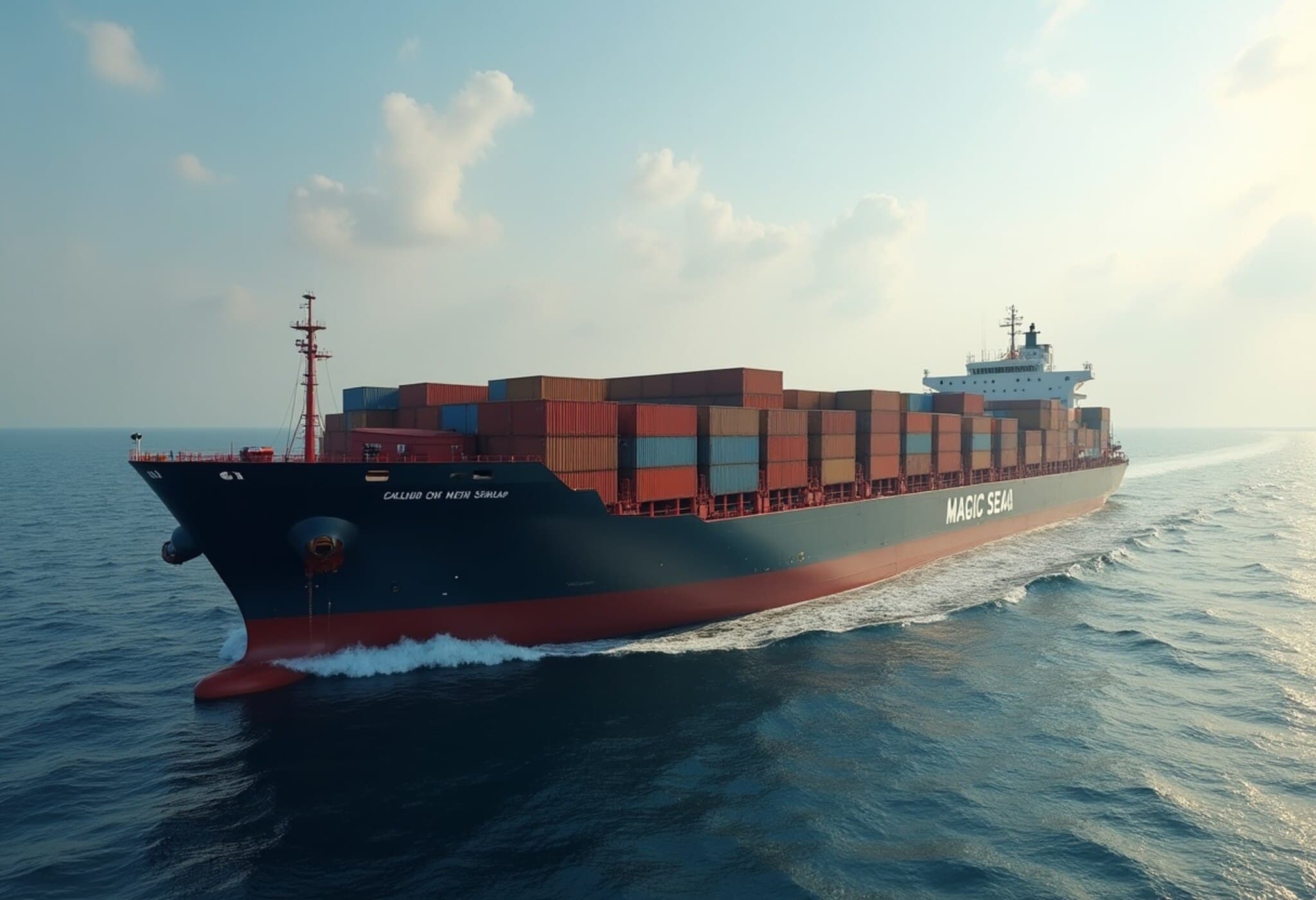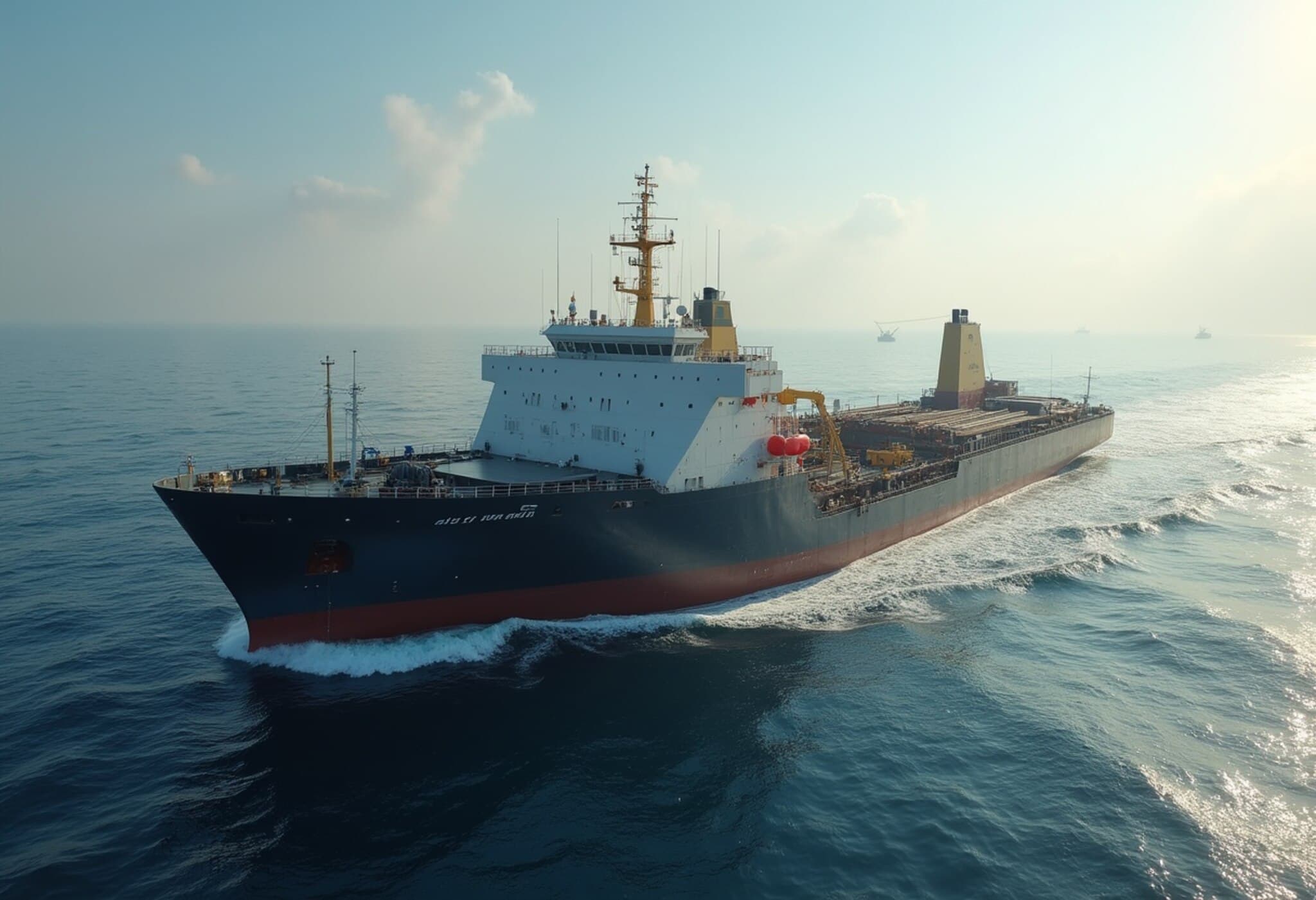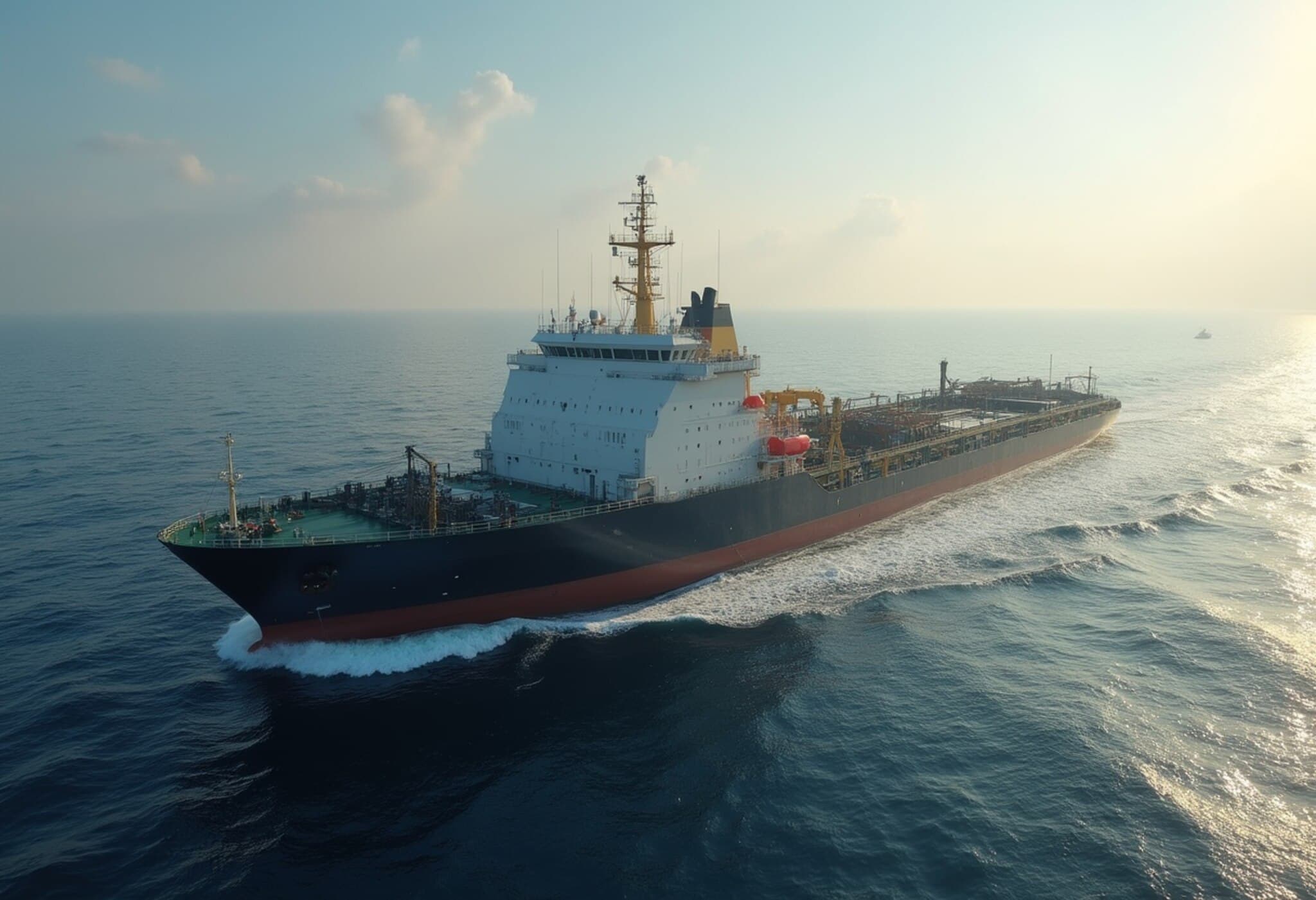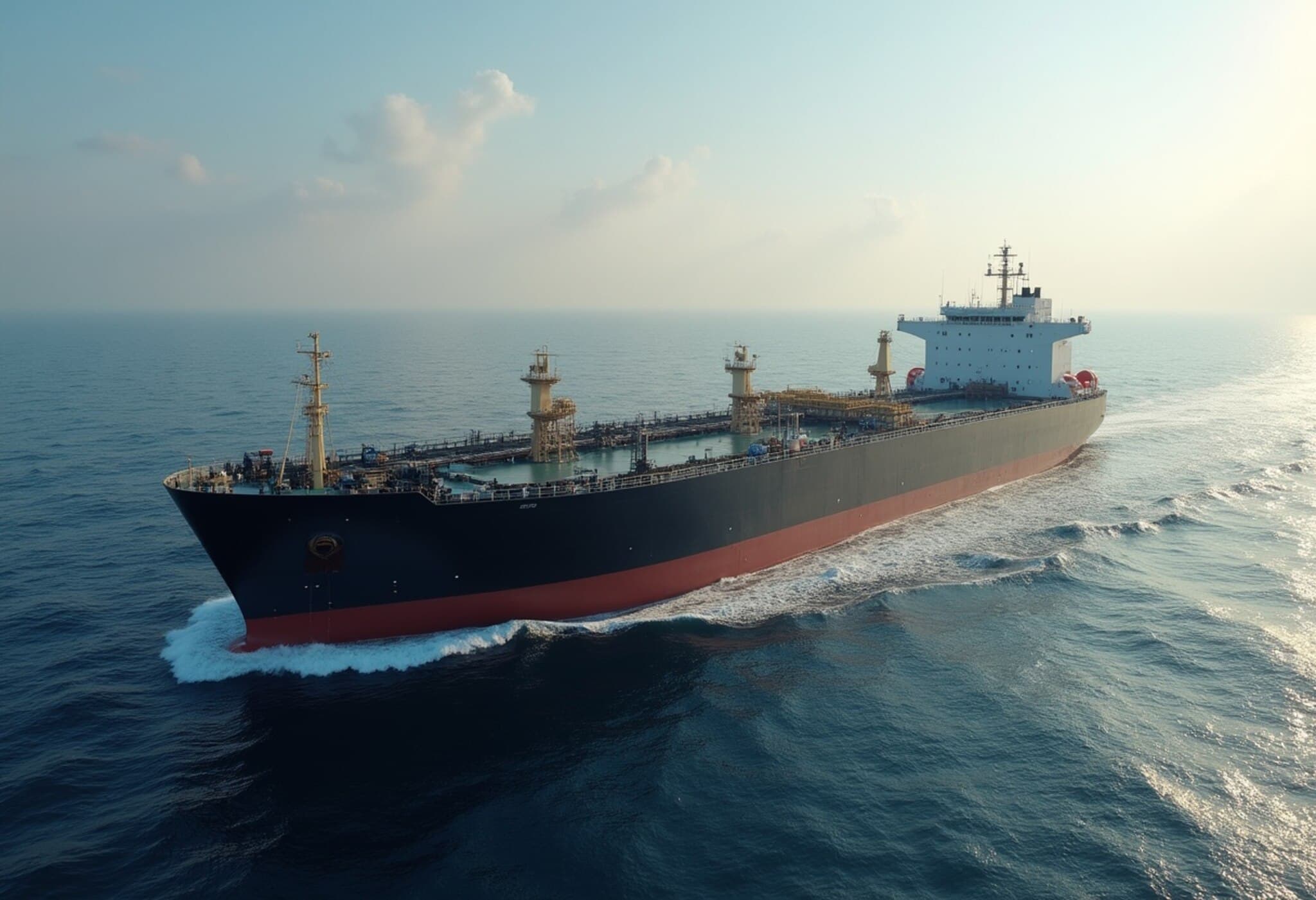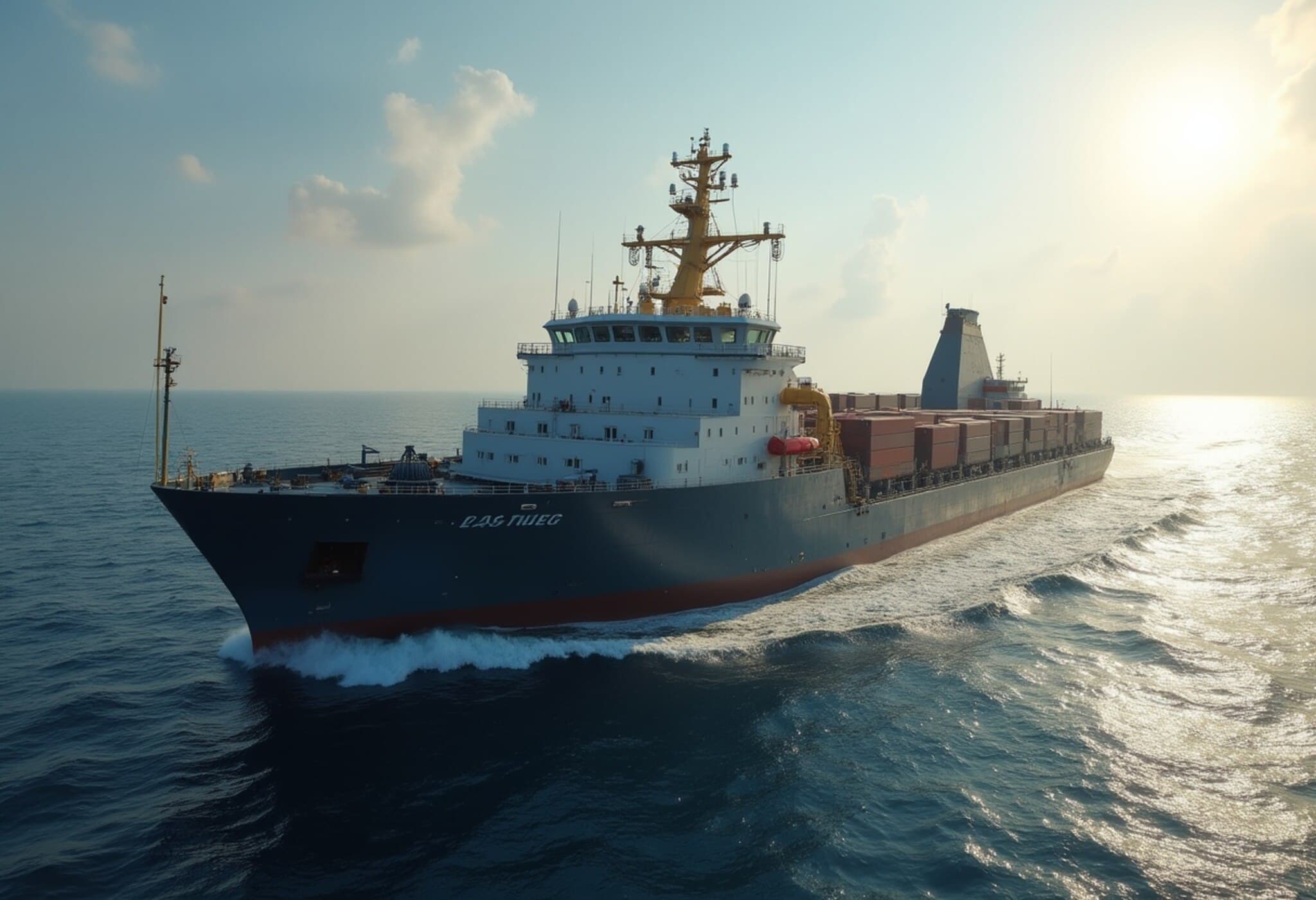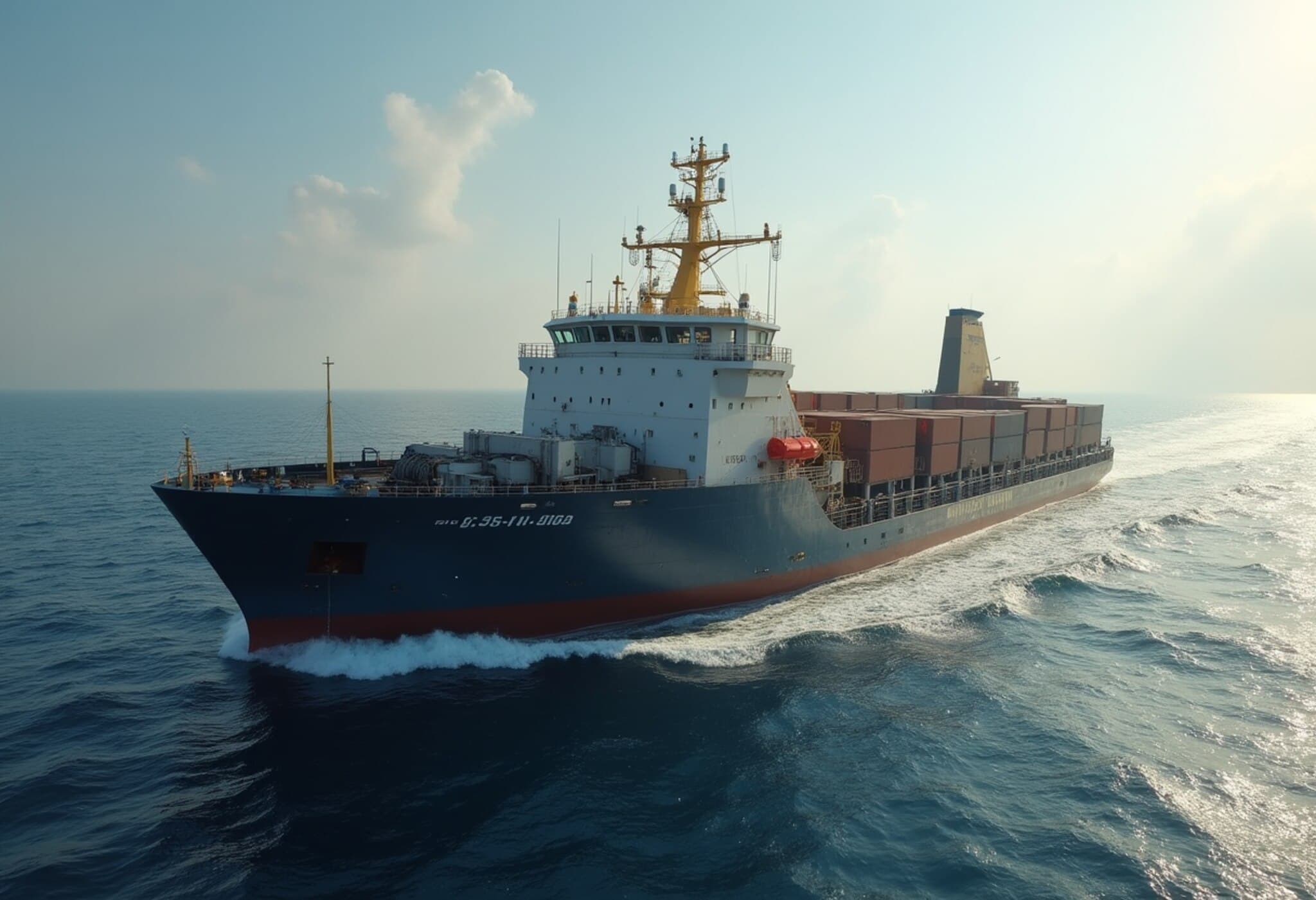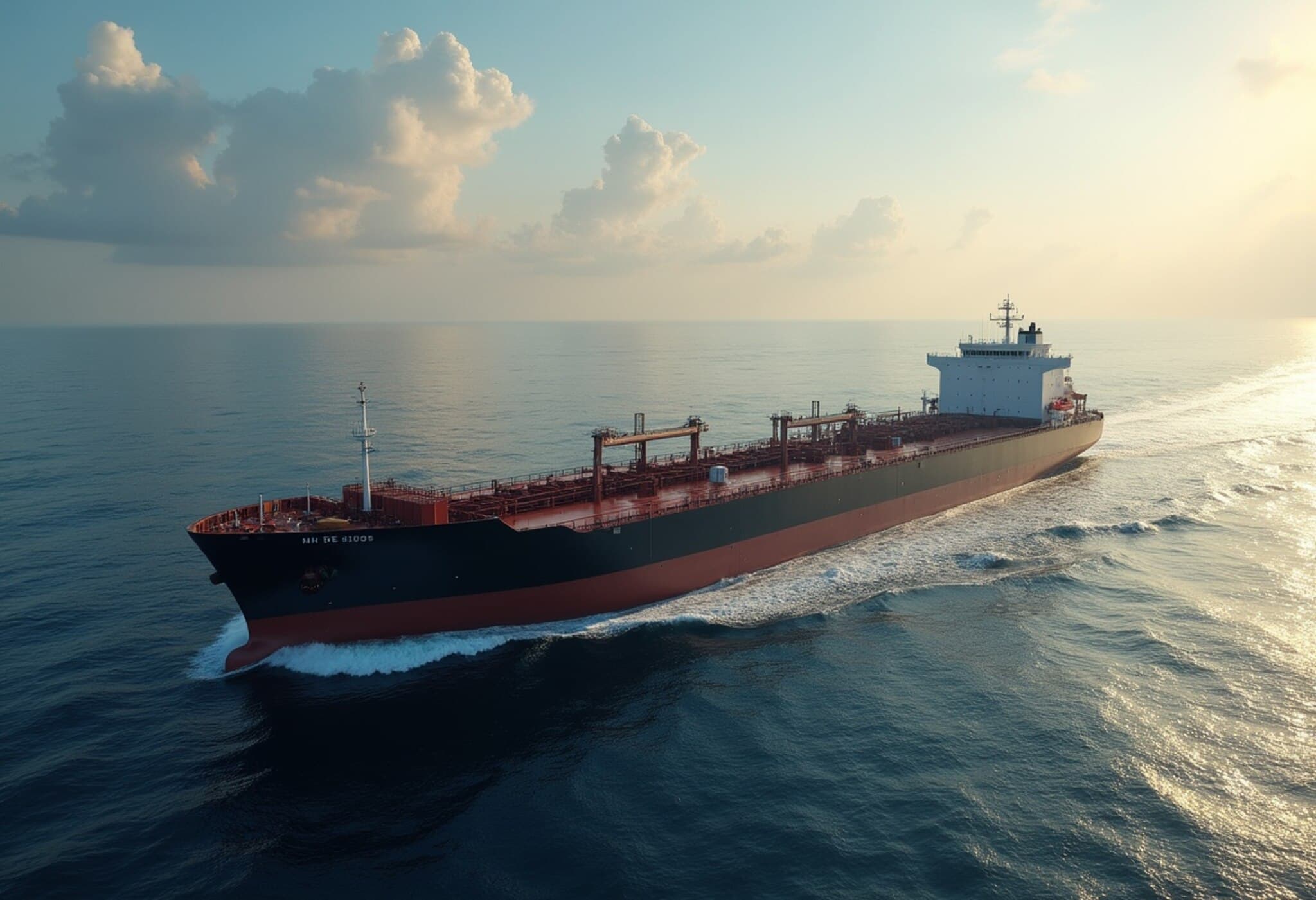Tragic Incident in the Red Sea: Two Crew Members Killed on Liberian Cargo Ship
In a stark reminder of the growing volatility in one of the world's most crucial maritime corridors, a Liberian-flagged cargo vessel named Eternity was attacked in the Red Sea, resulting in the deaths of two crew members. This devastating event was confirmed by a representative of Liberia at the International Maritime Organization (IMO) on Tuesday in London.
Context: Rising Maritime Risks at the Red Sea
The Red Sea, a vital artery for global trade connecting the Mediterranean Sea through the Suez Canal to the Indian Ocean, has witnessed escalating tensions amid the ongoing Yemen conflict. The Houthi rebels, operating from Yemen, have intensified their maritime aggression, targeting cargo ships they allege to have ties with Western powers or the complex geopolitical situation involving the Israel-Gaza conflict.
This attack is part of a recent wave of assaults after a short period of relative calm, raising deep concerns among international maritime stakeholders about the security of commercial shipping lanes.
Details and Unknowns
- The Eternity was struck late Monday, according to official reports.
- The identities and nationalities of the deceased crew members have not been publicly disclosed to protect privacy and pending formal notifications.
- The exact nature of the attack remains under investigation, although similar incidents in the area often involve missile strikes or small-boat assaults linked to militant groups.
Expert Commentary: The Maritime Security Puzzle
Maritime security experts emphasize that the Red Sea corridor is critical not only for commercial shipping but also for regional economic stability. "Attacks like those on the Eternity threaten the free flow of global commerce and increase insurance and operational costs for shipping companies," explains Dr. Lisa Kim, a specialist in international maritime law. "Moreover, they endanger the lives of seafarers, whose safety often goes underreported in global crises."
From a U.S. policy perspective, securing maritime routes near conflict zones remains a complex challenge. The U.S. Navy and allied forces regularly conduct patrols and collaborative exercises to deter piracy and militant aggression. However, the rise in asymmetric warfare tactics by non-state actors like the Houthis complicates traditional naval responses.
Broader Implications for Global Trade and Security
The attack on the Eternity underscores a dangerous escalation that could ripple through global supply chains, potentially delaying shipments and increasing costs for commodities and manufactured goods. For American businesses reliant on these trade routes, unpredictability adds to existing supply chain pressures.
Furthermore, it raises critical questions about international maritime governance and the capacity of institutions like the IMO to enhance protective measures and coordinate responses to such threats.
Underreported Narratives and Human Cost
While geopolitics dominates headlines, the human dimension — the lives lost and families affected — often remains overshadowed. Seafarers operate under perilous conditions, frequently overlooked in the wider discourse. The maritime community calls for stronger provisions for crew protection, mental health support, and emergency response mechanisms.
Looking Ahead: Navigating Uncertainty
Until a sustainable resolution to the Yemen conflict emerges, the safety of vessels traversing the Red Sea will likely remain precarious. Shipping companies may need to adapt routes and increase security protocols, while international diplomatic efforts must prioritize maritime peacekeeping as a cornerstone of regional stability.
Summary Box: Key Takeaways
- Incident: Two crew members killed in an attack on the Liberian-flagged cargo ship Eternity in the Red Sea.
- Perpetrators: Houthi rebels have resumed targeting ships in the region amid ongoing Yemen conflict.
- Impact: Heightened risks for maritime trade, increased insurance costs, and potential disruptions in global supply chains.
- Human cost: The safety and well-being of seafarers require urgent international attention.
- Policy challenge: Necessity for coordinated international maritime security responses in conflict-affected waterways.
Editor’s Note
This tragedy highlights the fragile intersection of regional conflicts and global commerce through critical maritime corridors. It invites reflection on the invisible frontline where seafarers face growing threats. How can international stakeholders balance geopolitical interests with the imperative to safeguard human lives and sustain global trade? This incident serves as a sobering prompt for policymakers, maritime industries, and the global public alike.

